Dermatitis
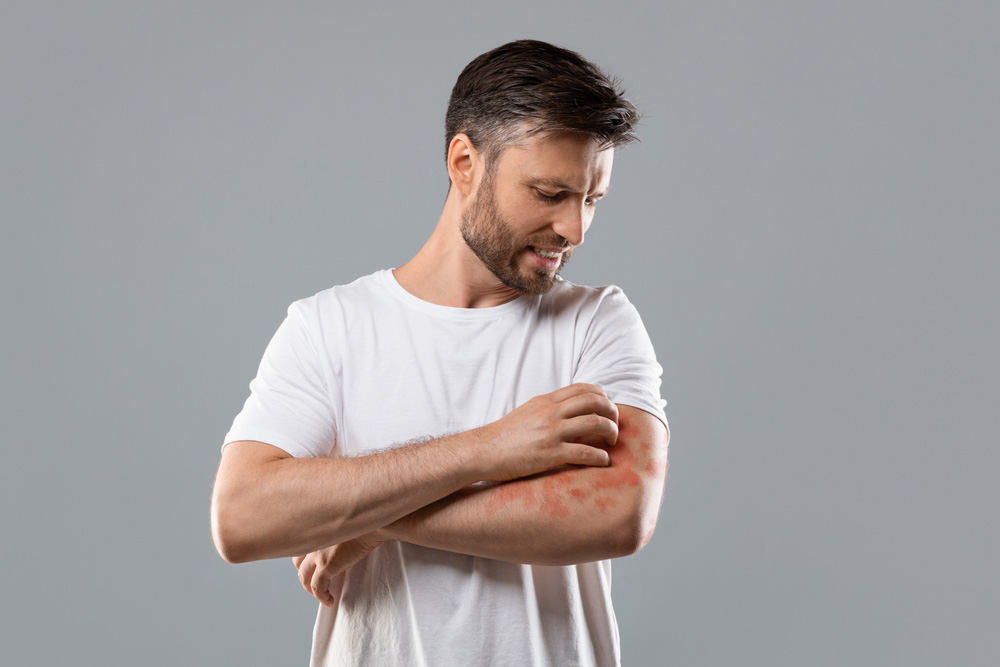
Need An Appointment?
Drop Your Number here
Dermatitis: Causes, Symptoms, and Effective Treatments
Dermatitis is a common skin condition that causes inflammation, itching, and redness. It can appear anywhere on the body and affects people of all ages. Although it’s not contagious, dermatitis can be uncomfortable, and if left untreated, it may lead to skin infections or long-term irritation. Understanding its causes, types, and treatments can help you manage the condition effectively and restore healthy, glowing skin.
Common Types of Dermatitis
There are several types of dermatitis, each with unique causes and symptoms:
-
Atopic Dermatitis (Eczema):
One of the most common forms, often starting in childhood. It causes dry, itchy patches on the face, hands, elbows, or knees. It’s usually linked to allergies or asthma. -
Contact Dermatitis:
This occurs when your skin reacts to a specific substance, such as soaps, detergents, cosmetics, or jewelry. The skin may become red, itchy, or even blistered upon contact. -
Seborrheic Dermatitis:
Commonly affects the scalp, face, and chest. It causes greasy, scaly patches and dandruff. In infants, it’s known as “cradle cap.” -
Perioral Dermatitis:
This type appears around the mouth, nose, or eyes. It’s often triggered by topical steroid creams or certain cosmetic products. -
Nummular Dermatitis:
Characterized by coin-shaped spots that are itchy and dry. It’s usually seen in people with very dry skin or after skin injuries.
1.jpg)
Symptoms of Dermatitis
The symptoms vary depending on the type and severity but generally include:
-
Itchy or dry skin
-
Redness and inflammation
-
Cracked or scaly patches
-
Blisters or oozing lesions
-
Thickened skin due to repeated scratching
If left untreated, dermatitis can lead to secondary bacterial infections or skin thickening (lichenification).
Need An Appointment?
Drop Your Number here
Treatment Options
Dermatitis can be effectively managed with a combination of medical treatments and skincare practices:
-
Topical Creams and Ointments:
Corticosteroid creams help reduce inflammation and itching. For long-term use, non-steroidal creams may be recommended. -
Oral Medications:
In severe cases, antihistamines or immunosuppressants can help control allergic reactions and inflammation. -
Moisturizers:
Regularly applying fragrance-free moisturizers helps repair the skin barrier and prevent dryness. -
Light Therapy (Phototherapy):
Controlled exposure to ultraviolet (UV) light can help treat chronic dermatitis cases. -
Avoiding Triggers:
Identifying and avoiding allergens or irritants is crucial to prevent flare-ups. -
Lifestyle and Home Remedies:
-
Use mild, fragrance-free soaps and detergents.
-
Wear breathable cotton clothing.
-
Avoid hot showers that dry out the skin.
-
Maintain a healthy diet rich in vitamins and omega-3 fatty acids.
-
Prevention Tips
Patient's Testimonials
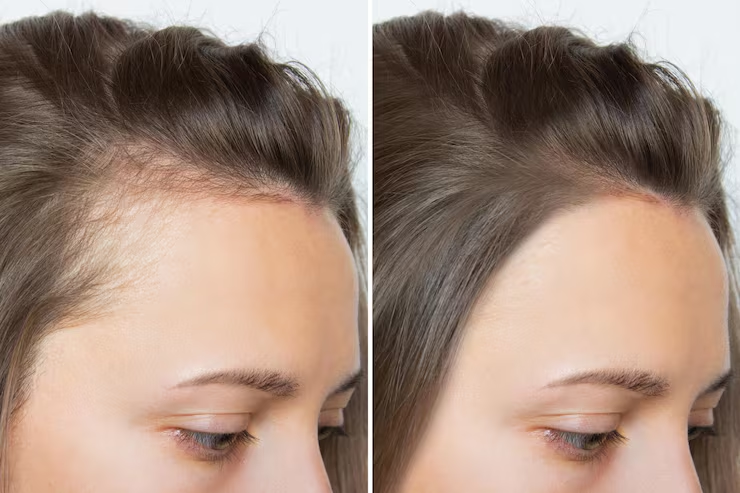
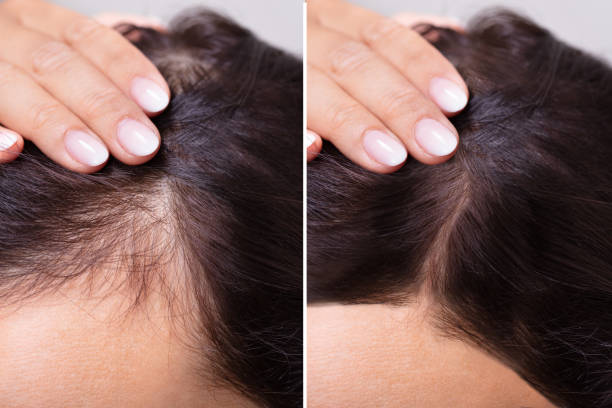
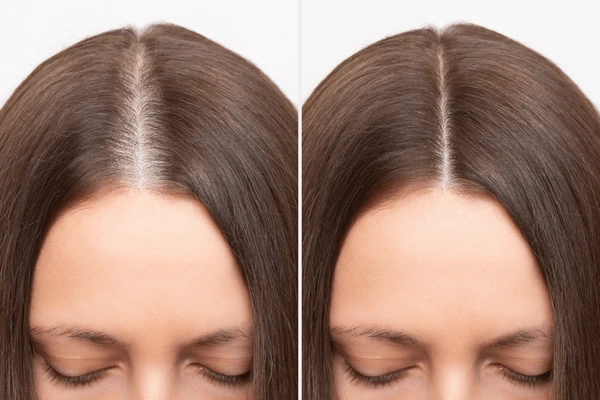
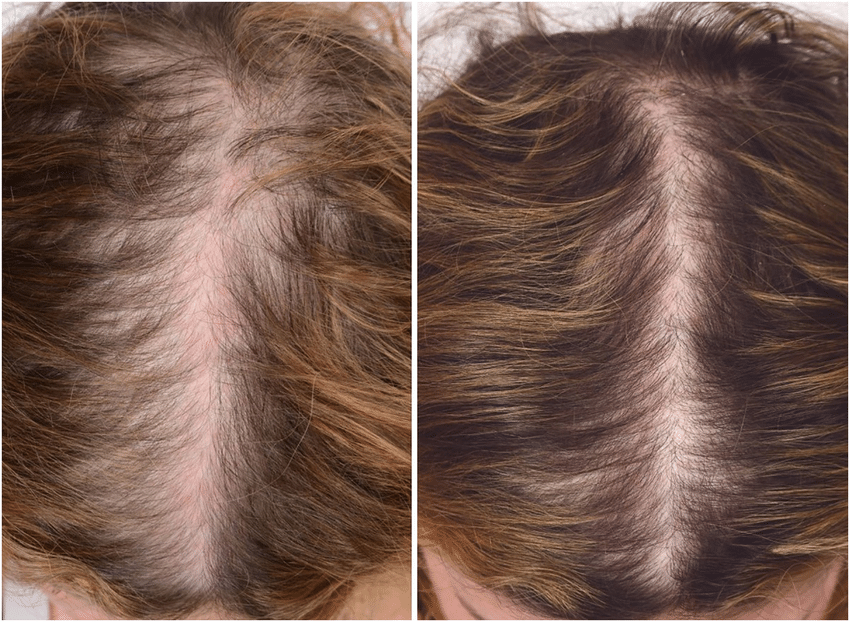
Reviews & Treatment Results at Bansal Skin Solution

5.0
(600 Reviews)

5.0
(500 Votes)

5.0
(567 Votes)
She's the best skin doctor I've come across so far. she listens patiently, gives the prominent treatment accordingly. Guys looking for skin treatment must visit Dr Nidhi Bansal, you will get satisfying results👍

Ravi Bhardwaj
PatientI consulted with Dr Nidhi Bansal after one of my friend suggested. The doctor is very calm and well versed with the solutions. I definitely liked the way He made me understand the issues of my hair sclap. I am very happy with my own experience with her and the treatment provided amazing hence I would highly recommend to this doctor for any skin or hair disease.

Manish Pal
PatientI was suffering from severe acne on my face. Dr Nidhi told me in detail about the treatment options and customized the procedures for my face. Within one day my redness and acne has reduced by 90%. I am so happy with the results and would recommend Dr Nidhi to everyone for their skin and hair problems.

Kartikey Singh
PatientBest doctor I always go to Dr Nidhi skin clinic whenever i have any skin problems . Dr. Nidhi is such a humble + trusted doctor I was dealing with pimples and scars from 6 years, someone told me about Dr Nidhi .I having been taking treatment from 2 months .my acne has gone for forever ,thanks for giving me normal skin best dermatologist in jaipur I got 100 % results , M bhut jayda preshan tha acne , blackheads whiteheads se ,mera face bhut khrab dikhta tha bhut guilty feel hota tha logo ko face krne m now I m confident .thank you doctor






